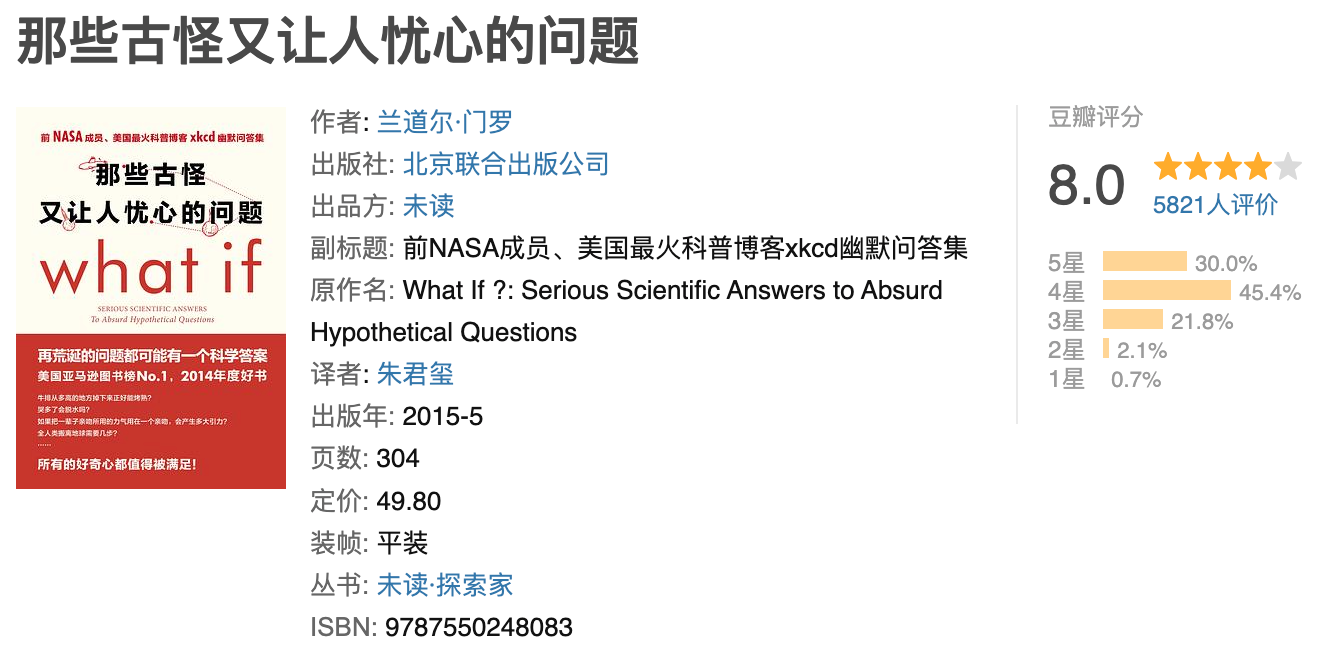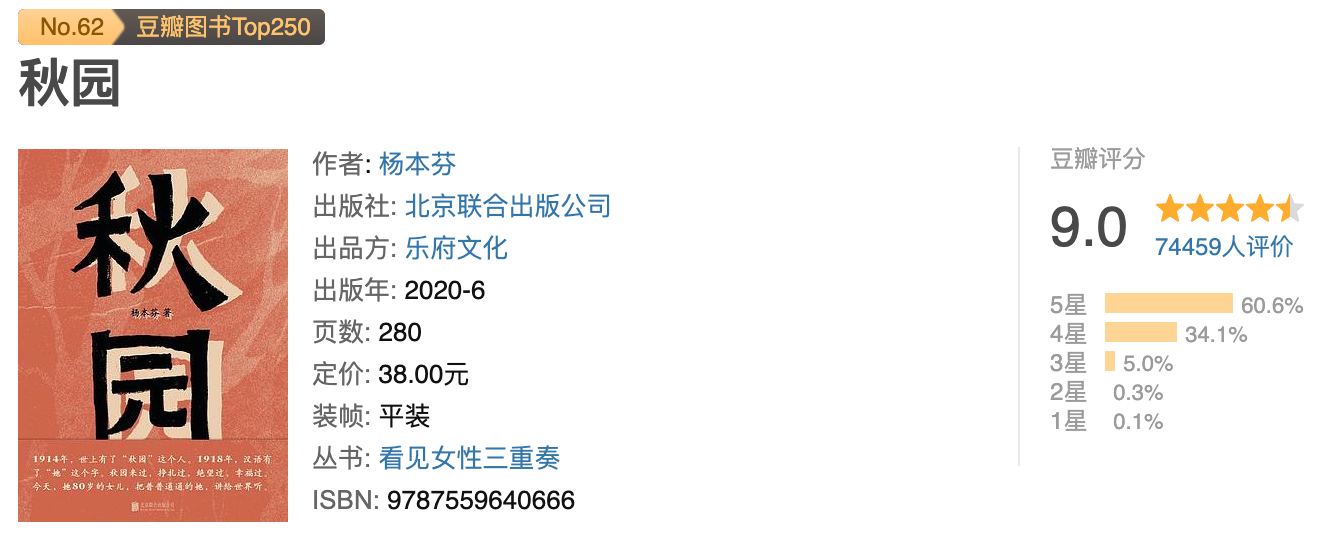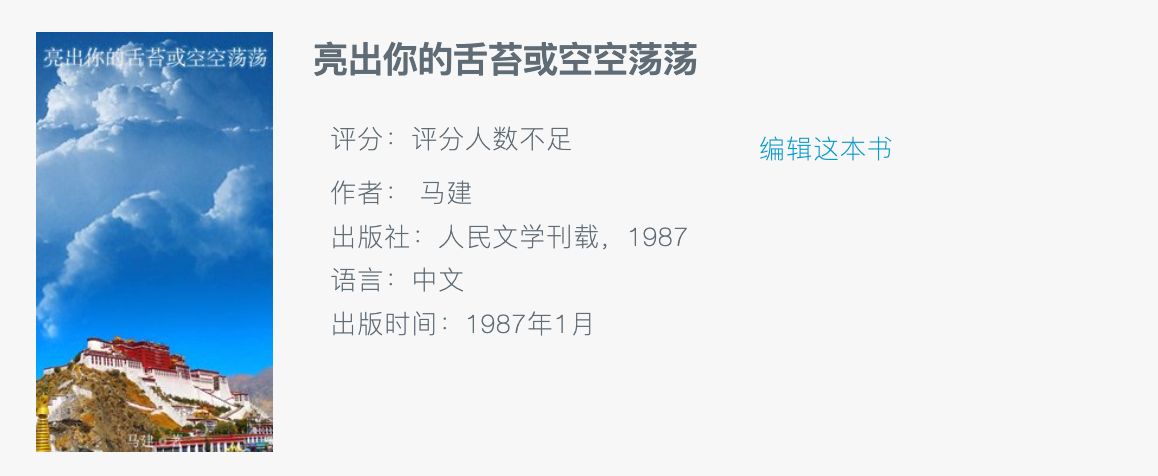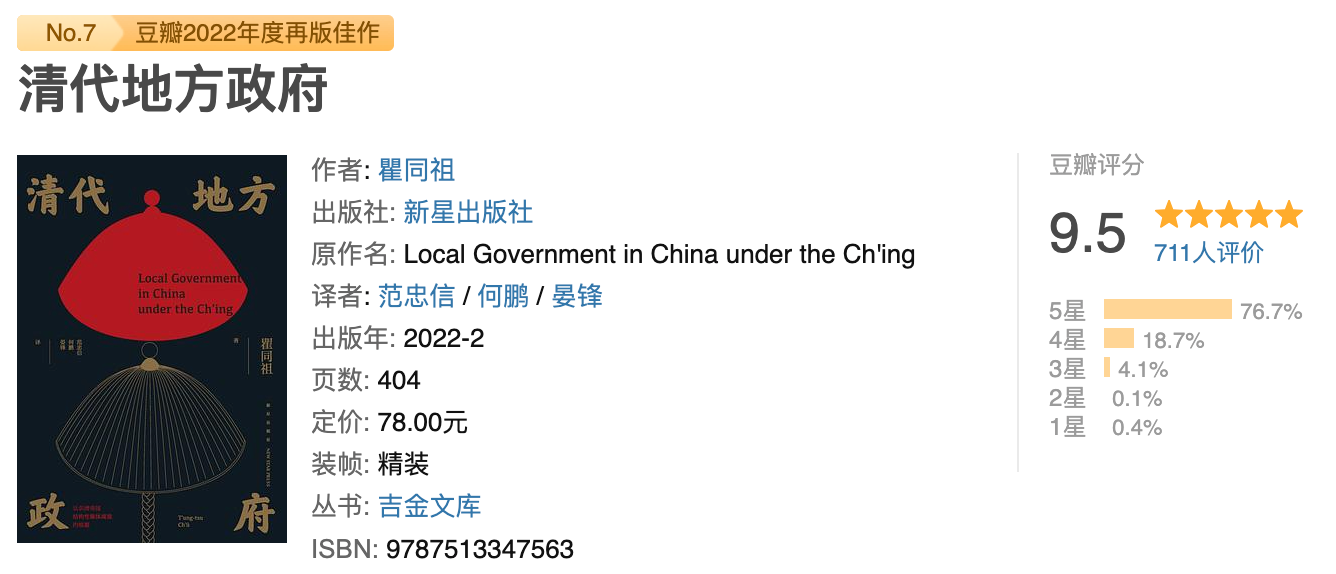Original link: https://aaronnick.github.io/posts/read-202304/
The month of April has been busy and full. In April, I participated in a half marathon, which was also my first attempt to challenge a marathon. In the first half of the month, I often went out to exercise with my friends, so that I could finish the race smoothly. In the second half of the month, because my father was going to have an operation, he basically stayed with him in the hospital.
Running made me fall in love with this sport and the feeling of comfort after running. Half a month of hospital life has given me a more personal experience of physical health. The urology department is on the first floor, and each patient is ashamed to be called a patient without one or two tubes inserted. Once a bed becomes vacant, someone will move in within half a day, which shows how “hot” it is.
My father suffered from kidney stones complicated by peritonitis. The right kidney and abdominal cavity had severe hydrops, so that the right kidney basically lost its function and had to be removed. After more than ten days of tossing, in the end, the surgery was too severe because of the inflammation, and the kidney fluid had to be intubated for several months before deciding on how to operate… After this time, I once again felt the importance of annual physical examination, especially for middle-aged and elderly people. When the body responds, it is basically the middle and late stages. Minor ailments turn into serious ones, apart from the increase in expenses, the most important thing is to make the body suffer so much, why bother?
The few books in April are basically read by the hospital bed. They infused me with reading, without affecting each other.
“Those Strange and Worrying Questions”

The interesting thing about this book is that those seemingly absurd questions will actually be reasoned carefully and given a more reasonable answer. The person who asks the question has a wild imagination; the person who answers the question has a scientific attitude and strict logic on the basis of this imagination.
The collision of curiosity and scientific thinking is like watching the Ig Nobel Prize.
“Autumn Garden”

There are no articles all over the article, and none of them are seen. Combined with “To Live”, this book basically understands most of the life in this land in that era.
Qiu Yuan’s life: from Luoyang to Nanjing in 1932; from Hankou to Xiangyin in 1937; from Hunan to Hubei in 1960; from Hubei to Hunan in 1980. Life adrift.
Because it is a book of reminiscence, it is easy to read, just like listening to the stories of that era told by the older generation. But as you read it, your heart will become heavy—who, who has lived through that era, can’t tell a few heavy stories?
“Human Extinction”

After reading it, it’s like watching a clumsy Hollywood blockbuster saving the world. The author stuffed in various settings such as genetic mutations, high-powered protagonists, low-energy violent and cold-blooded politicians, etc., and set up many grand themes. However, the plot of the novel and Characters can’t hold up.
“Show Your Tongue or Go Empty”

It is said that the author Ma Jian wrote the manuscript and showed it to Gao Xingjian. After reading it overnight, Gao Xingjian called it a good article and recommended it to Liu Xinwu, the editor of People’s Literature. was also suspended.
The five short stories give readers a strange impression of Tibetan Buddhism—the behavior presented in the book is incompatible with the civilized world. If this book is regarded as documentary literature, the plot must be exaggerated, but I have actually seen some of the descriptions in the video, such as “Sky Burial”. Therefore, I can only believe half-truth and half-false, and read it as a story.
“Local Government in the Qing Dynasty”

Excellent material for understanding the operation of local governments in the Qing Dynasty, with a clear structure and straightforward content. The author mainly mentions the county magistrates and their main assistants. By introducing the selection, treatment, status, corruption methods and other aspects of these people, readers can quickly establish a three-dimensional understanding of the operation of the local government.
State magistrates are not so easy, the salary is low, the place of birth is not familiar, and the business is heavily dependent on the local clerks; several assistants around the state and county magistrates: Muyou, Chang Sui, scribes, government servants, except for Muyou, the rest are ordinary Although it looks majestic, its status is similar to that of a pariah, and it belongs to the so-called “three generations of influence”.
This article is transferred from: https://aaronnick.github.io/posts/read-202304/
This site is only for collection, and the copyright belongs to the original author.